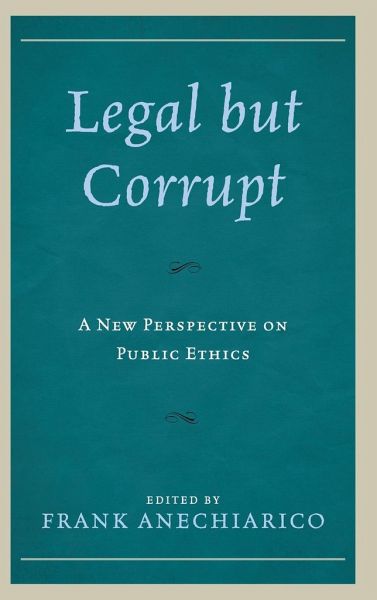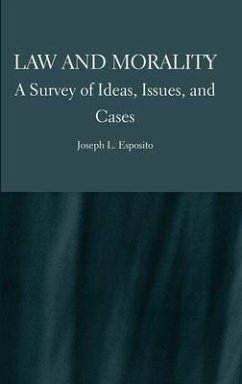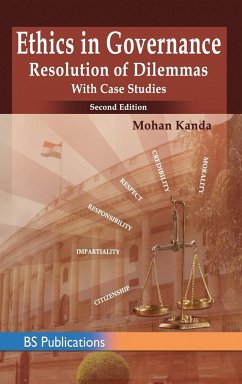
Legal but Corrupt
A New Perspective on Public Ethics
Herausgeber: Anechiarico, Frank

PAYBACK Punkte
55 °P sammeln!
This book explains why it is important to identify legally accepted corruption and provides a series of examples of corruption using this perspective. It argues that political corruption is the exclusion of those who are affected by a particular policy and that democratic inclusion and engagement are central to public integrity.













